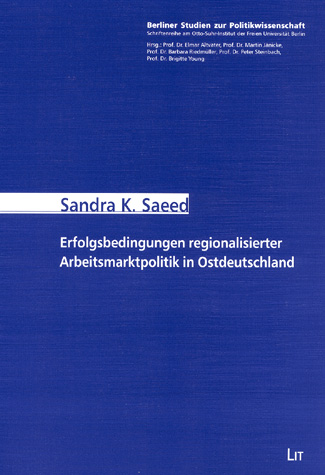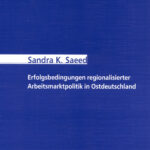Beschreibung
That democracies do not wage war against each other is now a
well-documented pattern of international politics. However,
our theoretical knowledge of this so-called democratic peace
is limited. We do not know what impedes democracies from
fighting fellow democracies, even though they fight wars
against (perceived) non-democracies. This volume contributes
to the debate by way of classifying and synthesizing
different theoretical accounts of democratic peace at the
analytical level of the state and the intern ational system.
It digs deep into the workings of the democratic political
system and the orientations of its foreign policy-leaders
which culminate in collective action on the international
arena. A central theme is that processes of integration û
taking place both within as well as among democracies û lead
to the formation of a common identity: Democracies
äconstructô their äfriendsô and äfoesô, basing their
judgment on the way other states resolve their domestic
conflicts. This argument is supported by a discussion of
conceptual, methodological and epistemological problems of
democratic peace. The volume concludes with a presentation
of policy recommendations and a short summary in German.


